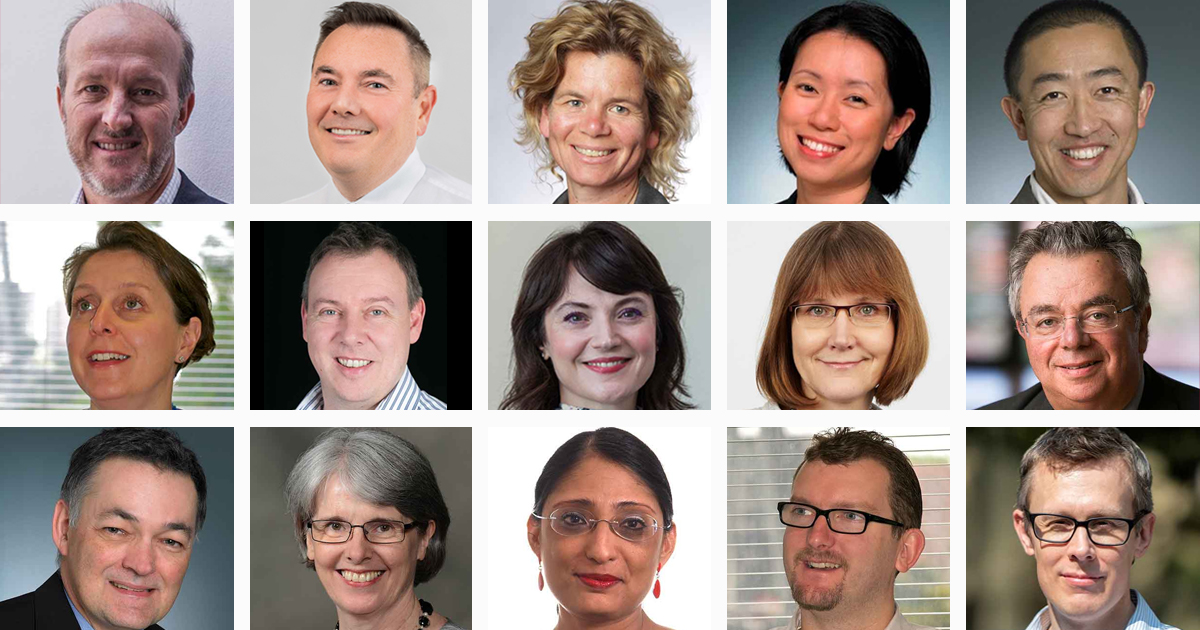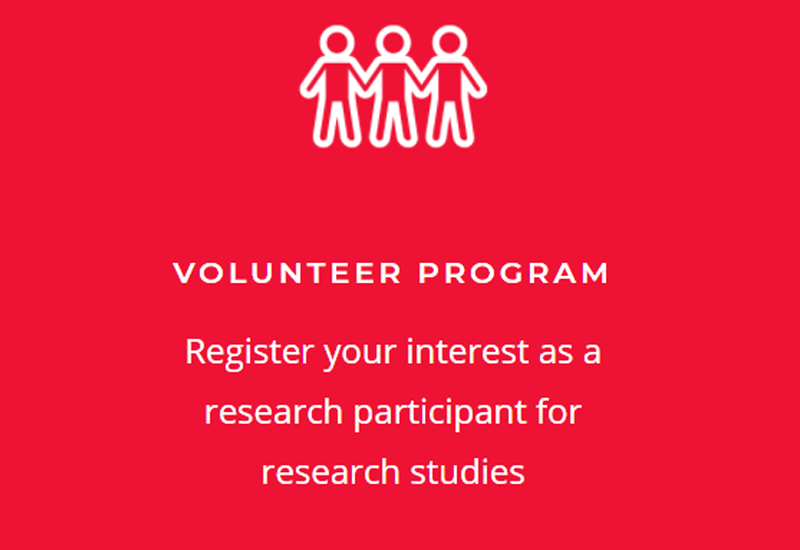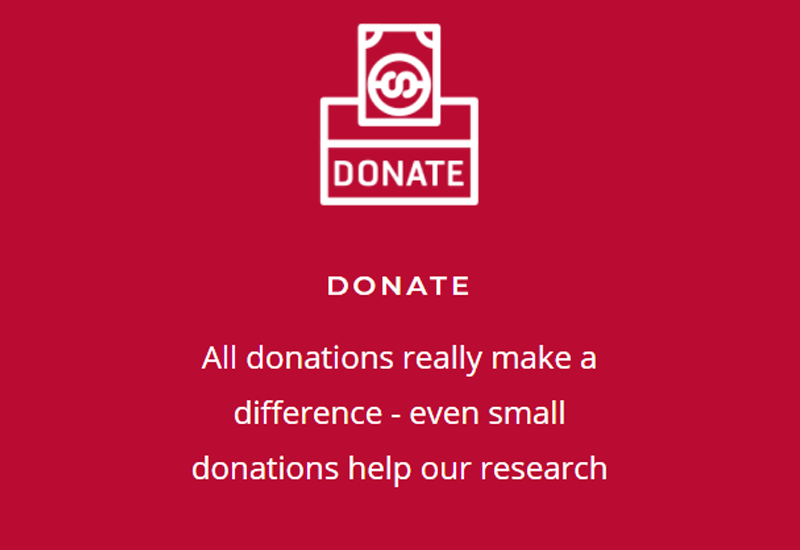The Woolcock Institute of Medical Research

What will Woolcock researchers be working on in 2021?
We asked some of our research leaders to tell us about the 'hot topics' in their fields, and what they're doing to tackle them. Read their responses below, grouped into our three main research areas, sleep disorders, respiratory disease, and lung cancer.
This is just a sample of all the great work that the Woolcock Institute of Medical Research is doing this year.
If you want to hear more about our upcoming research, follow us on Facebook, Twitter or Linkedin, or sign up to our email updates.
And don’t forget you can make a tax-deductible donation to support our work. Find out how your donation can help.
Sleep research
Hot topics
This is an exciting time to be a sleep researcher. There is a lot of ground-breaking research shedding new light into what sleep is and how it affects our health and well-being.
Sleep has been shown to be crucial for clearing dementia-causing toxins from the brain. People who have disturbed sleep patterns, such as those with obstructive sleep apnoea (OSA), are now thought to be at increased risk of dementia, though the exact mechanisms are still poorly understood.
Another exciting area of research has found that the brain is not uniformly awake during the day. Parts of the brain that are used a lot can 'fall asleep'', while others remain awake.
Our work in 2021
We will be working on three key projects this year.
Firstly, we will explore whether inattention during a driving task in people with OSA is explained by small areas of the brain 'falling asleep', even while a person is awake. This research might help explain why people with OSA are at increased risk for driving-related accidents.
Secondly, we will test whether some treatments improve how the brain clears out dementia-related substances during sleep. Our research will also explore whether poor functioning blood vessels in the brain affect this clearance.
Thirdly, we will explore whether 'smart lighting' can be used to improve sleep in older people with disturbed sleep patterns. By changing the amount of blue light people are exposed to during the day and before going to sleep, we hope to find ways that artificial lighting can be used at home and in aged care facilities to improve people's sleep.
Associate Professor Craig Phillips, Sleep and Circadian Research Group
Respiratory research
Use of Respiratory Medicines
Hot topics
A high proportion of patients do not use their inhalers as they should, either by choice or by accident. We need to find ways to encourage people to use their respiratory medications optimally.
Meanwhile, new digital devices that can monitor a patient’s inhaler use in a whole range of ways, will soon be available. We are yet to determine what is the most effective, efficient and patient-accepted way in which to use these new devices.
Our work in 2021
We have a few key priorities this year:
- To better understand how to match inhalers to patients, so that we increase the likelihood of the best inhaler being prescribed for an individual patient
- To try and understand how new inhalers with digital capabilities might be used
- To determine how high-risk patients can be identified and better supported when getting their medication dispensed at the pharmacy
Professor Sinthia Bosnic-Anticevich, Clinical Management Group
Respiratory and environmental epidemiology
Hot topics
The environment in which we live plays an important role in our respiratory health. Our research group is working to understand the link between environment and health so that we can prevent disease and minimise symptoms.
Our work in 2021
We are investigating the health effects of wind turbine infrasound, which is inaudible sound that wind turbines produce. For this study, speakers delivering infrasound are placed in a person's bedroom, as if the person lived near a wind farm, and their sleep monitored.
We are also completing a study that will assess the impact of 'very good' air quality: are there health consequences, even if air pollution levels are below those recognised as harmful under environmental guidelines?
Keeping us extra busy, in Vietnam we are conducting a very large Tuberculosis (TB) clinical trial with over 100,000 participants. We want to find out whether community wide testing and then offering community-based treatment to eligible people is an effective strategy to end TB.
Dr Brett Toelle, Respiratory & Environmental Epidemiology Group
Chronic Obstructive Pulmonary Disease (COPD)
Hot topics
COPD is a debilitating lung disease driven by inflammation. A major problem facing the 5 percent of the Australian population affected by COPD, and 250 million people worldwide, is the lack of effective treatment options.
Corticosteroids are usually effective in reducing lung inflammation in respiratory diseases, such as asthma. However, they don’t work as well for people with COPD because over time the disease changes cellular pathways within the airways. We know that lung inflammation plays an important role in COPD, and we need alternatives ways to reduce inflammation.
Our work in 2021
For the past couple of years we have taken a novel approach to inflammation in the airways. We have focussed on the protein tristetraprolin (TTP), which is naturally found in the body. During inflammation TTP is active – or 'switched on' – to reduce inflammation.
In COPD TTP is switched off. We are developing a new compound to switch TTP on to restore its anti-inflammatory effects.
This year we will be the first in the world to detect and measure active TTP.
Alaina Ammit, Emphysema Centre
Respiratory cellular and molecular biology
Hot topics
2020 was an unusual year from the perspective of our lungs. We had two major events: the 2019/2020 bushfires, with their ensuing airborne pollution, and the COVID-19 pandemic.
Our research group uses models of events such as these to work out how people's bodies respond at the molecular level; and, perhaps more importantly, what can be done about it.
Our work in 2021
This year we will:
- Continue our work looking into how exposure to smoke, e-cigarette vapour and air pollution during pregnancy can increase the risk of a child developing asthma
- Explore the effects of traffic-related air pollution on lung health
- Look into the long-term consequences of COVID-19 infection
Professor Brian Oliver, Respiratory Cellular and Molecular Biology Group
Airway physiology, imaging, respiratory data analytics
Hot topics
The COVID-19 pandemic has impacted everyone. But it has particularly affected people with chronic respiratory disease.
Lockdowns and precautionary measures mean that there is an even greater need than before for simple, non-invasive and objective telemonitoring methods to help patients with asthma and chronic obstructive pulmonary disease (COPD) self-manage their disease at home, and reduce their need to visit clinics. New telemonitoring technologies and sophisticated predictive data analytics are emerging to overcome the challenges posed by COVID-19.
Our work in 2021
We have completed proof-of-concept trials showing the feasibility of a telemonitoring platform so that patients can self-measure their lung function at home using a simple breathing test, and have developed algorithms based on daily lung function to predict exacerbations of asthma and COPD.
We will build on this platform in 2021 by:
- Running clinical trials to test how useful the algorithms are for improving a patient's health, control and quality of life
- Developing more algorithms that combine information from lung function, symptoms and medication-taking
- Investigating how mobile apps and wearables can be used to collect and analyse integrated respiratory data for daily telemonitoring
- Using state-of-the-art techniques such as 3D imaging to explore lung abnormalities in people with respiratory diseases
Associate Professor Cindy Thamrin and Professor Greg King, Airway Physiology and Imaging Group
Respiratory technology
Hot topics
Millions of people worldwide suffer from lung and respiratory diseases and allergies. Gold standard treatment is with inhaled drugs, but inhalers tend to be inefficient and not used well by patients.
Our interdisciplinary research program has developed more targeted, effective drugs and a more effective and efficient inhaler device. We have been world leaders in improving inhalation-delivered treatments for lung conditions such as asthma, chronic obstructive pulmonary disease, cystic fibrosis and asthma.
We have also helped create 'Ab-Initio Pharma', an Australian-based GMP Pharmaceutical formulation facility. The hub will manufacture early-phase clinical trial drugs, and will provide expertise and training.
Our work in 2021
This year we will:
- Identify existing drugs that can be re-purposed for targeted delivery to the lungs
- Develop new technologies for creating bioactive and safe inhalable formulations
- Design better inhalation devices using high-end computational approaches and 3D printing
Professor Daniela Traini, Respiratory Technology Group
Lung cancer research
Hot topics
Lung cancer kills around 1.7 million people worldwide every year.
Although new therapies have improved survival rates, lung cancer is still the leading cause of cancer-related mortality.
'Therapy resistance' is a hot topic in the lung cancer research field: why don’t cancer drugs work for every patient? And what role does a person's gut microbiome play in therapy resistance?
Our work in 2021
Our priorities this year are to:
- Explore the link between the microbiome and drug resistance in patients with mesothelioma and lung cancer
- Better understand the role of antibiotics in the effectiveness of lung cancer therapies
- Find new ways to diagnose early mesothelioma and lung cancer by sampling lung fluid
Professor Maija Kohonen-Corish, Woolcock Centre for Lung Cancer Research












